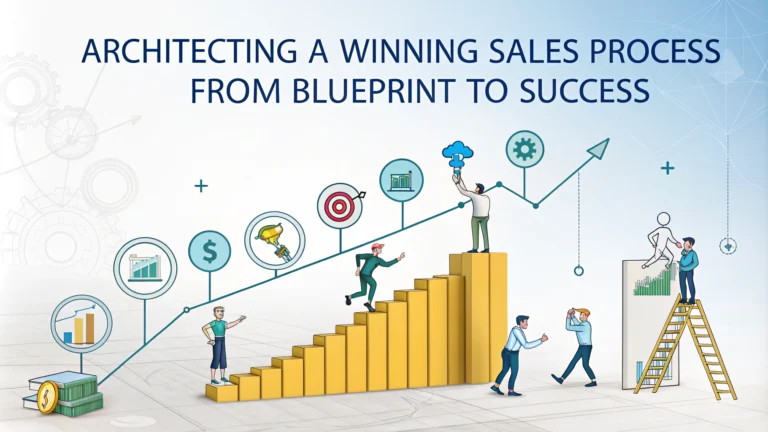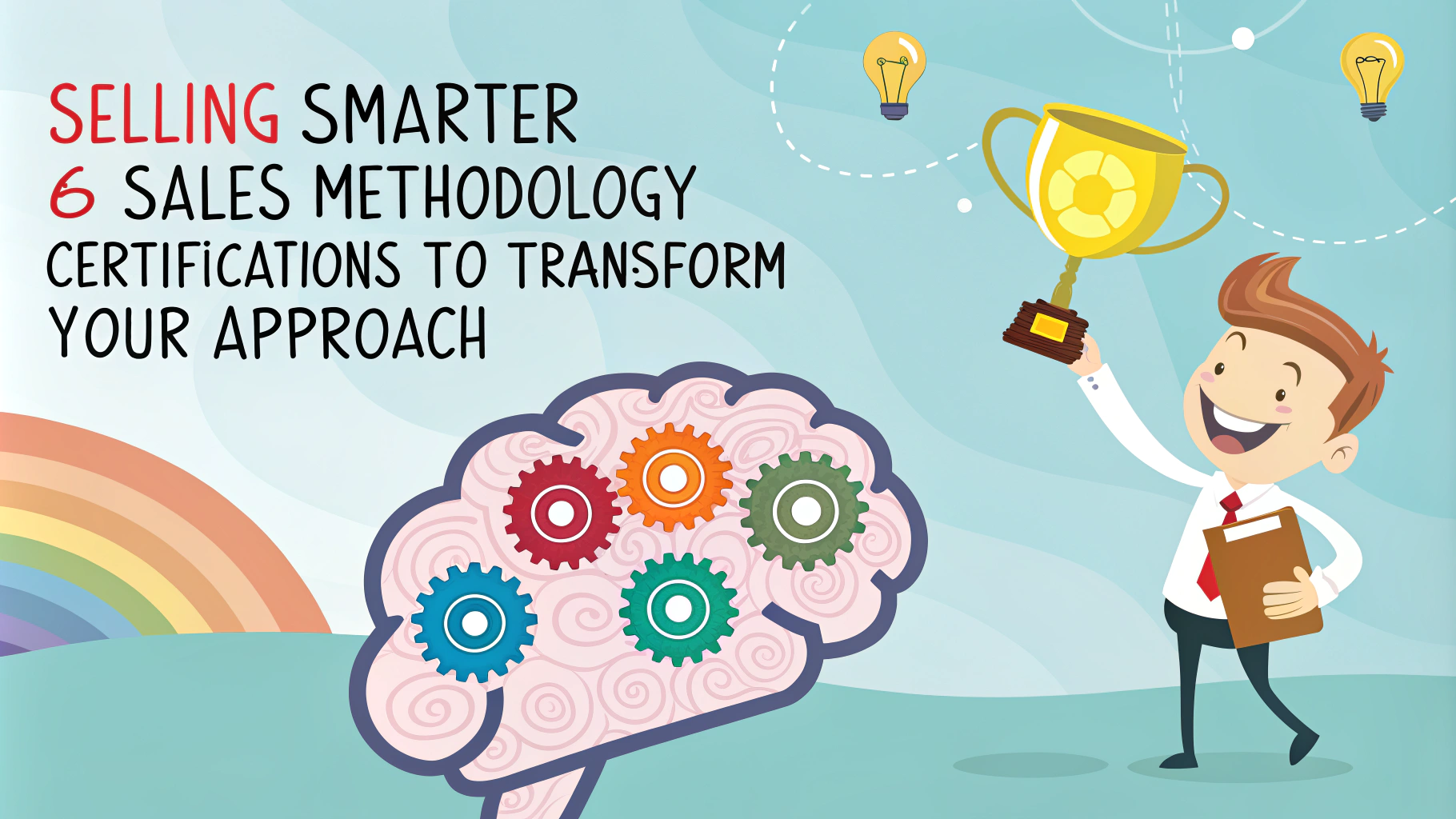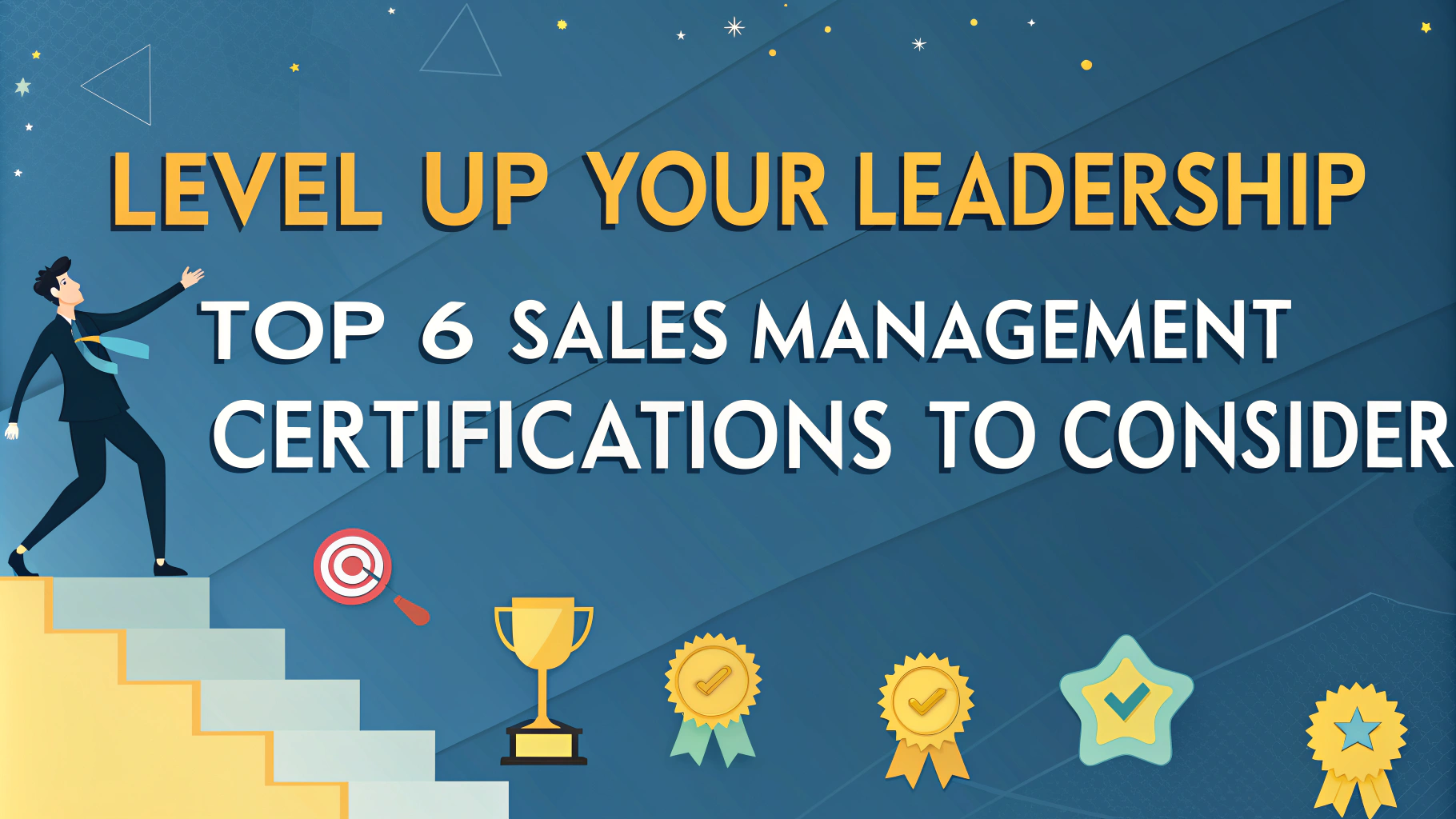Sales process engineering is a critical aspect of successful business operations. It involves designing, implementing, and refining a systematic approach to sales that maximizes efficiency and results.
This guide explores the key steps in creating a robust sales process, drawing from proven methodologies and best practices in the field.
By understanding and applying these principles, sales teams can significantly improve their performance and drive business growth.
Understanding the Importance of a Structured Sales Process
A well-defined sales process serves as a roadmap for sales teams, guiding them through each stage of customer interaction.
It provides consistency in approach, allowing for better performance tracking and identification of areas for improvement.
Studies have shown that companies with a formal sales process experience higher win rates and revenue growth compared to those without one.
Implementing a structured process also aids in onboarding new sales representatives and ensures that best practices are consistently applied across the organization.
Key Components of an Effective Sales Process
An effective sales process typically consists of several key stages:
- Prospecting: Identifying potential customers
- Qualification: Assessing prospect fit and readiness to buy
- Needs Analysis: Understanding the prospect’s specific requirements
- Presentation: Demonstrating how your solution meets those needs
- Handling Objections: Addressing concerns and questions
- Closing: Securing the sale
- Follow-up: Ensuring customer satisfaction and identifying upsell opportunities
Each of these components plays a crucial role in moving prospects through the sales funnel.
The process should be designed to be repeatable and scalable, allowing for consistent execution across different sales scenarios.
Tailoring the Process to Your Business Model
While the core components of a sales process are generally consistent, the specific implementation should be tailored to your business model and target market.
Consider factors such as sales cycle length, product complexity, and customer buying behavior when designing your process.
For example, a B2B company selling complex software solutions may require a more extensive needs analysis and demonstration phase compared to a B2C company selling consumer goods.
Regularly review and adjust your process based on market changes and customer feedback to ensure ongoing effectiveness.
Leveraging Technology in Sales Process Engineering
Modern sales processes benefit greatly from the integration of technology tools:
- CRM Systems: For tracking customer interactions and pipeline management
- Sales Automation Tools: To streamline repetitive tasks and improve efficiency
- Analytics Platforms: For data-driven insights and performance tracking
- Communication Tools: To enhance collaboration within sales teams and with customers
These technologies can significantly enhance the effectiveness of your sales process, providing better visibility into the sales pipeline and enabling more informed decision-making.
When selecting tools, ensure they integrate well with your existing systems and align with your overall sales strategy.
Training and Adoption Strategies
Developing a great sales process is only half the battle; ensuring its adoption is equally crucial.
Implement comprehensive training programs to familiarize your sales team with the new process and tools.
Consider using role-playing exercises and real-world scenarios to help team members internalize the process.
Encourage feedback from the sales team and be open to refining the process based on their input and experiences in the field.
Measuring and Optimizing Sales Process Performance
Continuous improvement is key to maintaining an effective sales process. Establish key performance indicators (KPIs) to measure success, such as:
- Conversion rates at each stage of the sales funnel
- Average deal size
- Sales cycle length
- Win rates
- Customer acquisition cost
Regularly analyze these metrics to identify bottlenecks and areas for improvement in your sales process.
Use A/B testing to experiment with different approaches and refine your process based on data-driven insights.
Conclusion
Engineering an effective sales process is a dynamic and ongoing endeavor that requires careful planning, implementation, and refinement.
By understanding the key components, tailoring the process to your business, leveraging technology, and focusing on continuous improvement, you can create a sales process that drives substantial business growth.
Remember that the most successful sales processes are those that evolve with changing market conditions and customer needs, always keeping the focus on delivering value to both the customer and the organization.
FAQs
- What are the essential components of an effective sales process?
A successful sales process consists of seven key stages: prospecting, lead qualification, needs assessment, presentation/demonstration, handling objections, closing, and follow-up/customer retention. - How do you properly qualify sales leads?
Lead qualification involves evaluating prospects using the BANT framework: Budget (can they afford it), Authority (can they make decisions), Need (do they require your solution), and Timeline (when will they buy). - What is the ideal length for a sales cycle?
The ideal sales cycle length varies by industry and product complexity, typically ranging from a few days for simple B2C products to 6-12 months for complex B2B solutions. The key is optimizing each stage to prevent unnecessary delays. - How can CRM systems improve the sales process?
CRM systems enhance sales processes by tracking customer interactions, automating follow-ups, providing analytics, managing pipeline visibility, and ensuring consistent communication across sales teams. - What metrics should be tracked to measure sales process effectiveness?
Key metrics include conversion rates between stages, average deal size, win rate, sales cycle length, customer acquisition cost (CAC), pipeline velocity, and customer lifetime value (CLV). - How often should a sales process be reviewed and updated?
Sales processes should be reviewed quarterly for minor adjustments and annually for major revisions, with additional reviews triggered by significant market changes, new product launches, or declining performance metrics. - What role does social selling play in modern sales processes?
Social selling involves using social media platforms to find, connect with, and nurture prospects. It’s crucial for building relationships, establishing credibility, and sharing valuable content throughout the sales process. - How can sales and marketing alignment improve the sales process?
Sales and marketing alignment ensures consistent messaging, qualified lead handoff, shared metrics, regular communication, and coordinated content strategy, resulting in higher conversion rates and shorter sales cycles. - What technologies are essential for optimizing the sales process?
Essential technologies include CRM systems, sales intelligence tools, email automation platforms, video conferencing software, proposal management systems, and analytics tools for tracking and improving performance. - How can you effectively handle sales objections within the process?
Effective objection handling requires active listening, acknowledging concerns, asking clarifying questions, providing evidence-based responses, and maintaining a structured approach to common objections while documenting successful responses.





